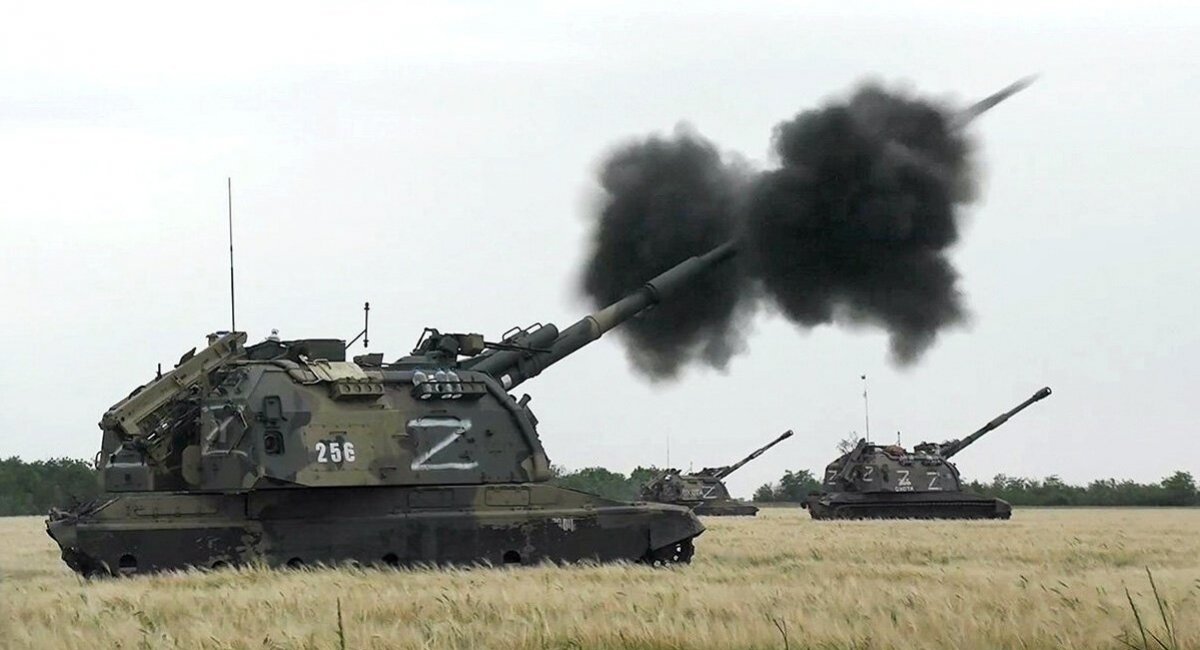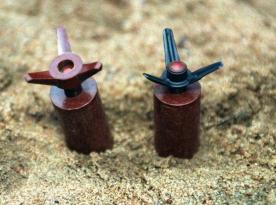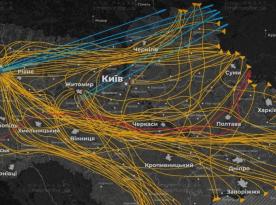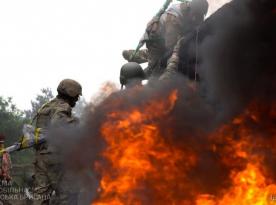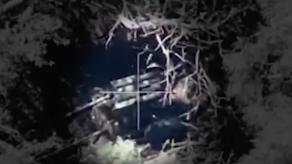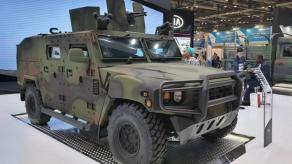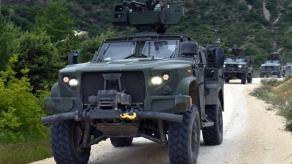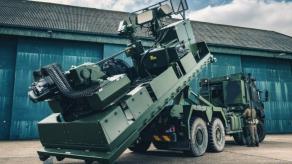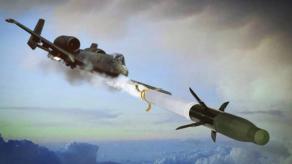Just a year ago, in late spring of 2023, the situation looked like the russian federation was on the verge of military defeat. At that time, Moscow had already lost over 300,000 personnel, thousands of armored vehicles, and even two dozen ships of various types in the war it had unilaterally begun with the full-scale invasion of Ukraine. The picture looked like it would take the Kremlin at least several years, nay a decade, to regain the military strength lost in a year of high-intensity warfare. This was the premise and the factor that the West used as foundation to build its strategies for military aid to Ukraine and the outcome of this war.
However, another year has passed and it turned out that those expectations were premature. The russian federation is conducting an offensive operation in the north of the Kharkiv region, Ukraine; the russian army is receiving streamlined replenishments in manpower, and the russian defense industry is ramping up the production volumes. Undeniably, the Western countries were wrong in their assessment of the strategic prospects of this conflict.
Read more: The UK Defense Intelligence: russia Opens New Front in Kharkiv, East Still Under Pressure
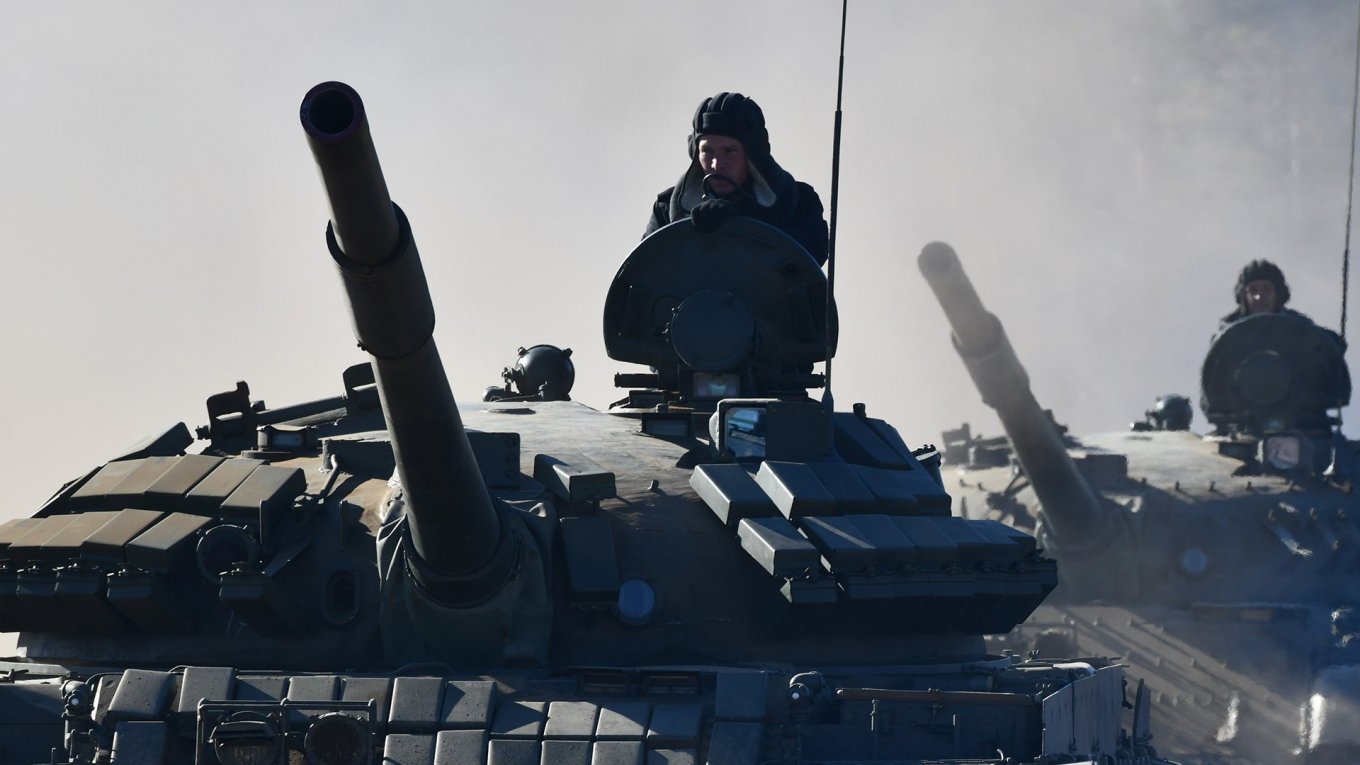
Defense News decided to analyze why it turned out like this. The authors outline the general conclusion of all the aforementioned: it seems that when assessing russia's capacity to wage a full-scale war against Ukraine, Western analysts did not proceed from the real russian capabilities but rather tried to put themselves in Moscow's position and proceeded to mull over how the West would act in similar conditions.
For example, it is unlikely that any country in the West would be able to increase their military expenditures threefold within a year, like the Kremlin did.
Even if this created significant macroeconomic distortions in the russian federation — because now military expenses make up 10% of Russian GDP — paradoxically enough, such radical measures also provided a resource for a constant influx of personnel to the russian army units. After all, the salary promised to contracted military personnel is often 5 times higher than the average salary in most regions of russia.
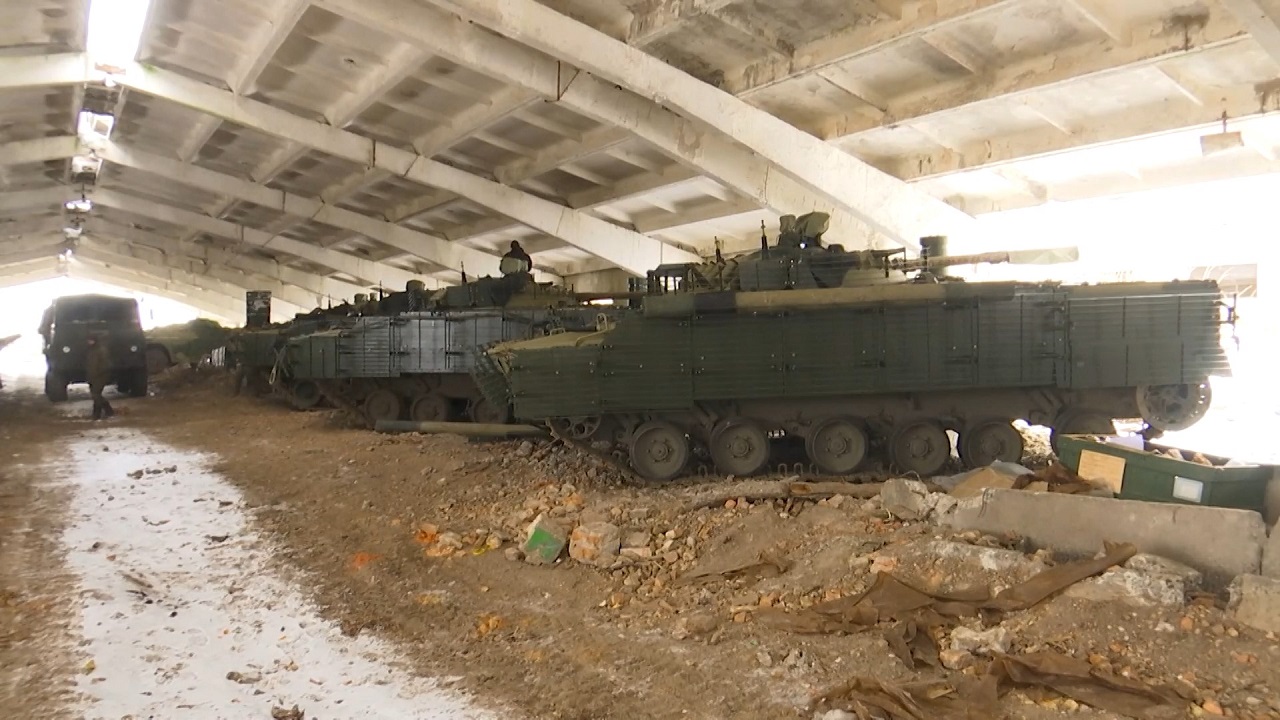
Another factor not taken into account from the very beginning was that the military-industrial complex of the russian federation is completely subordinated to the state. The industry being fully dependent turned out pivotal to fairly quickly streamline the modernization of obsolete equipment or the restoration of non-operational combat vehicles taken from dusted decades-old storage facilities.
Lastly, it seems Western analysts could not predict that iran and north korea would provide such large-scale military assistance to russia. However, it turned calculating the volumes of this help was more plausible, as they estimate that DPRK could have supply as many as 3 million artillery rounds to the russian forces so far, not to mention "dozens" of long-range ballistic missiles.
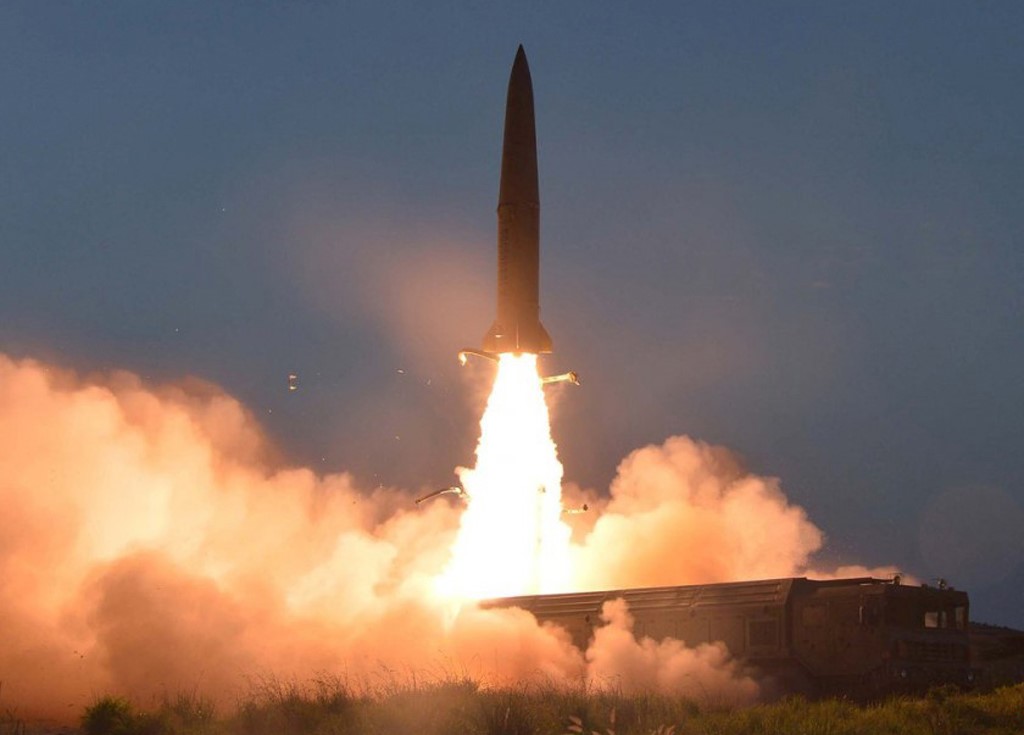
Read more: New Missile Brigades Created in russia, One Possibly Wielded KN-23 from North Korea




